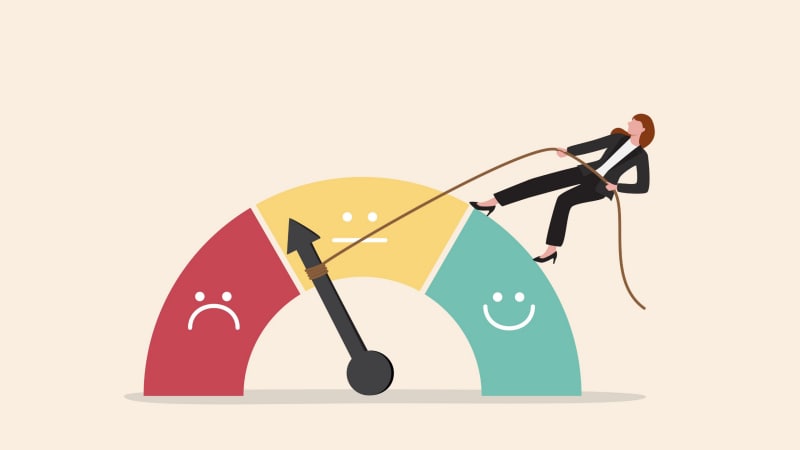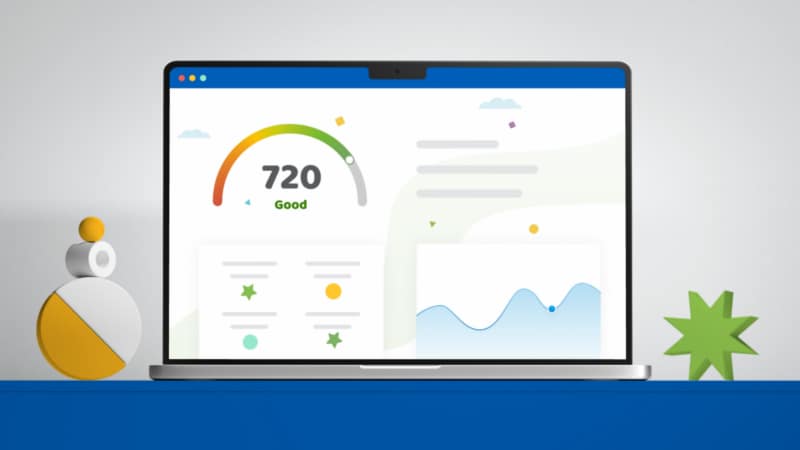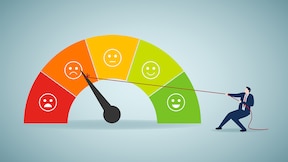Credit cards
Get the essential facts about using credit, credit scores and card rewards to help choose the credit card that's right for you.
Explore credit card rewards and benefits
Consider all the ways to earn and redeem points, from loyalty programs to cash-back points that offer flexible redemption options.
Credit cardsWays to maximize credit card merchant offers or deals when shopping

Merchant offers, or card linked offers, may help you get discounts on planned purchases. Learn how these offers work and tips for maximizing potential savings.
Credit cardsGuide to using your credit card for international travel

Planning to travel internationally? We walk you through the pros and cons of using a credit card abroad.
Learn more about credit scores
credit scores
How Buy Now, Pay Later can affect your credit score: What consumers need to know Find out how Buy Now, Pay Later (BNPL) services can influence your credit score. Learn about the recent changes that may see BNPL appearing in your credit report.
Find out how Buy Now, Pay Later (BNPL) services can influence your credit score. Learn about the recent changes that may see BNPL appearing in your credit report.credit scores
609 credit score: A guide to credit scores A 609 is considered fair or near prime depending on the scoring model. Learn about your approval odds and ways to help your score.
A 609 is considered fair or near prime depending on the scoring model. Learn about your approval odds and ways to help your score.credit scores
Do utility payments affect credit scores? Utility payments usually do not affect your credit score unless unpaid bills go to collections. However, some services now let you add on-time utility payments to your credit report, which may help improve your score.
Utility payments usually do not affect your credit score unless unpaid bills go to collections. However, some services now let you add on-time utility payments to your credit report, which may help improve your score.credit scores
300 to 600: Poor credit score and what it means According to VantageScore, a “bad” or “poor” credit score is anything below 600. Find out more about bad credit scores and how to build up credit.
According to VantageScore, a “bad” or “poor” credit score is anything below 600. Find out more about bad credit scores and how to build up credit.credit scores
582 credit score: A guide to credit scores A 582 credit score is considered sub-prime or fair depending on the scoring model. Learn about your chances of approval for credit products and how you may improve your score.
A 582 credit score is considered sub-prime or fair depending on the scoring model. Learn about your chances of approval for credit products and how you may improve your score.credit scores
Can you get a job with bad credit? Will your low credit score affect your chance of being employed? Learn what an employer looks at when the do background checks.
Will your low credit score affect your chance of being employed? Learn what an employer looks at when the do background checks.credit scores
What is Chase Credit Journey®? Chase Credit Journey is a free tool that helps monitor your credit score. Uncover its unique features and how it can help you improve your credit.
Chase Credit Journey is a free tool that helps monitor your credit score. Uncover its unique features and how it can help you improve your credit.credit scores
585 credit score: A guide to credit scores A 585 credit score is considered fair or subprime, depending on the scoring model. Learn about your approval odds and steps to help improve your score.
A 585 credit score is considered fair or subprime, depending on the scoring model. Learn about your approval odds and steps to help improve your score.credit scores
Credit monitoring vs. identity monitoring: What’s the difference? Discover the differences between credit monitoring and identity monitoring.
Discover the differences between credit monitoring and identity monitoring.credit scores
500 credit score: A guide to credit scores A 500 is considered poor or subprime depending on the scoring model. Learn about your chances of approval and ways to help improve your score.
A 500 is considered poor or subprime depending on the scoring model. Learn about your chances of approval and ways to help improve your score.credit scores
520 credit score: A guide to credit scores An 520 credit score is considered poor or subprime depending on the scoring model. Discover your approval odds and steps to help improve your score.
An 520 credit score is considered poor or subprime depending on the scoring model. Discover your approval odds and steps to help improve your score.credit scores
570 credit score: A guide to credit scores A 570 credit score is considered fair or subprime, depending on the scoring model. Learn about your approval odds and ways to help improve your score.
A 570 credit score is considered fair or subprime, depending on the scoring model. Learn about your approval odds and ways to help improve your score.
Explore financial education